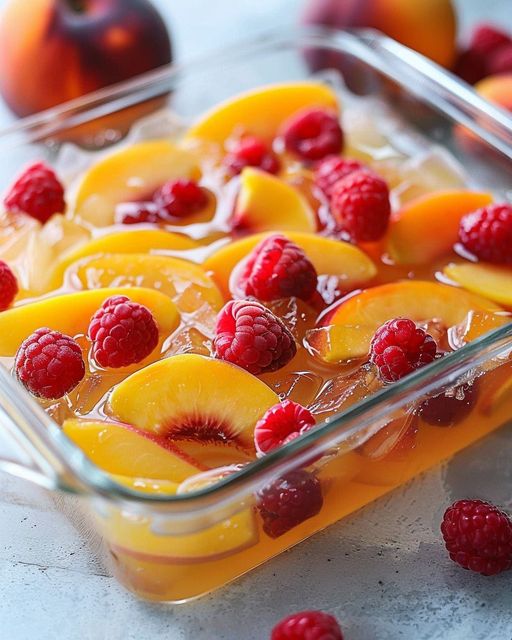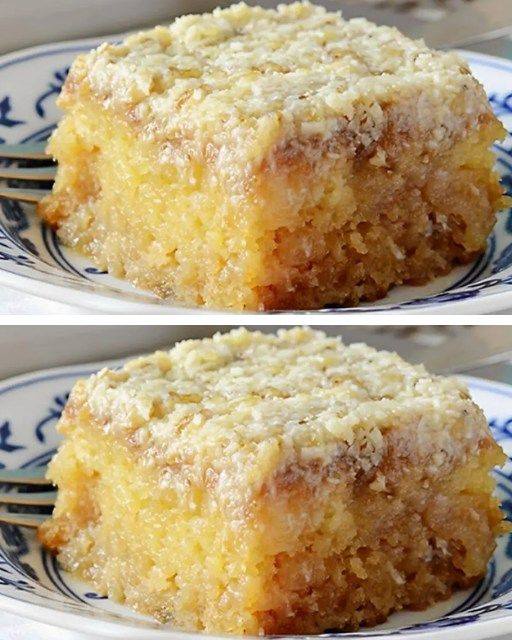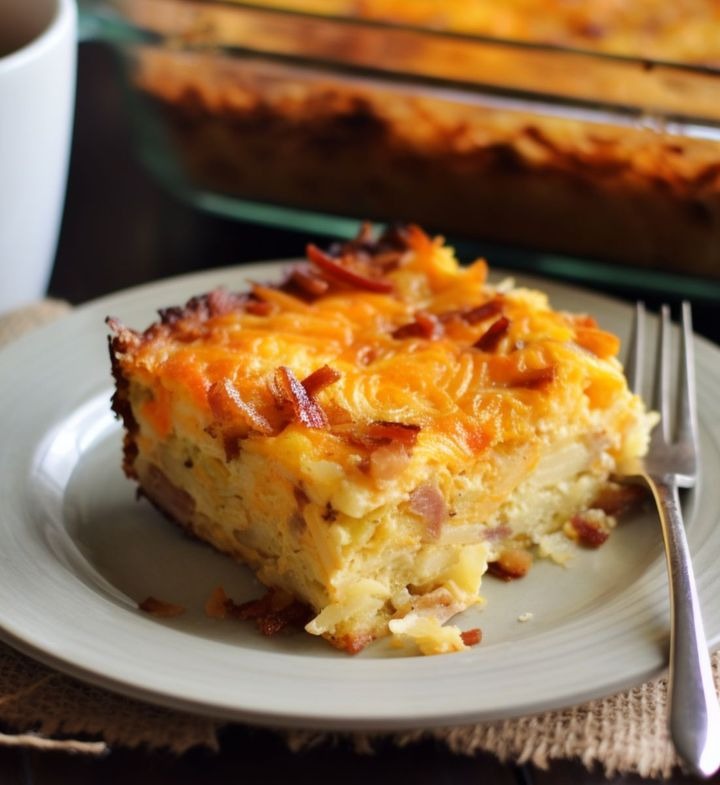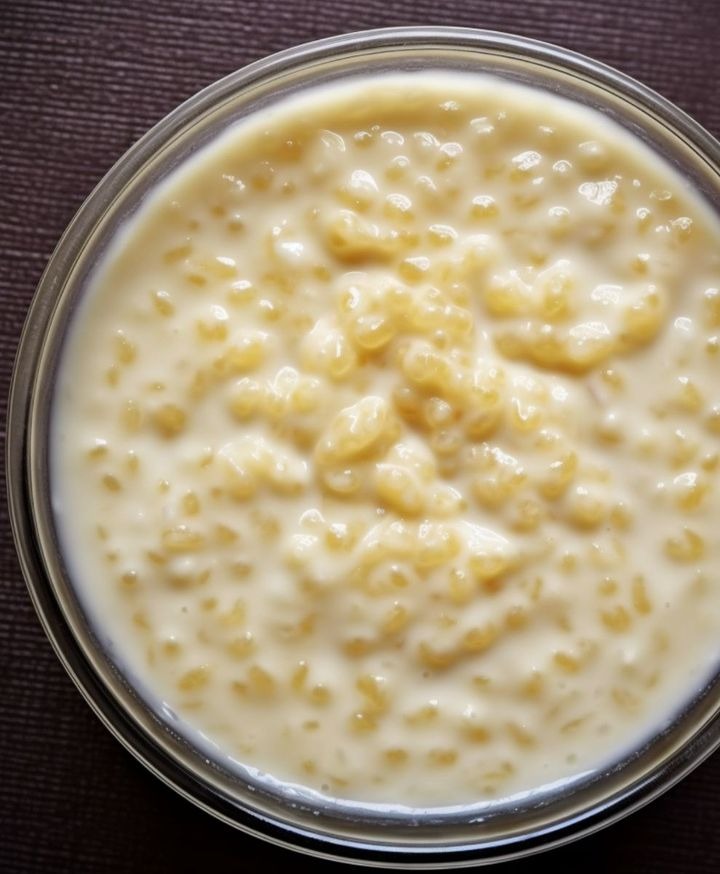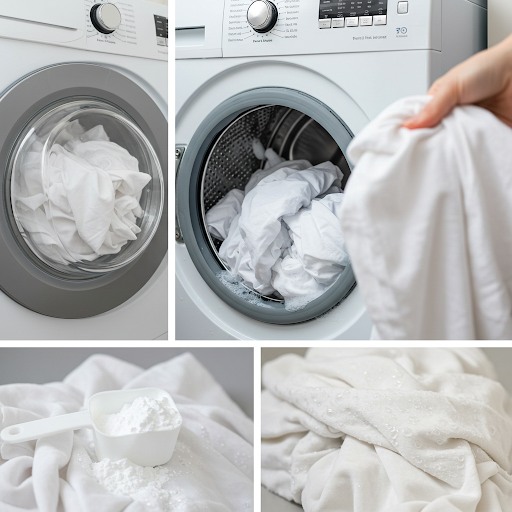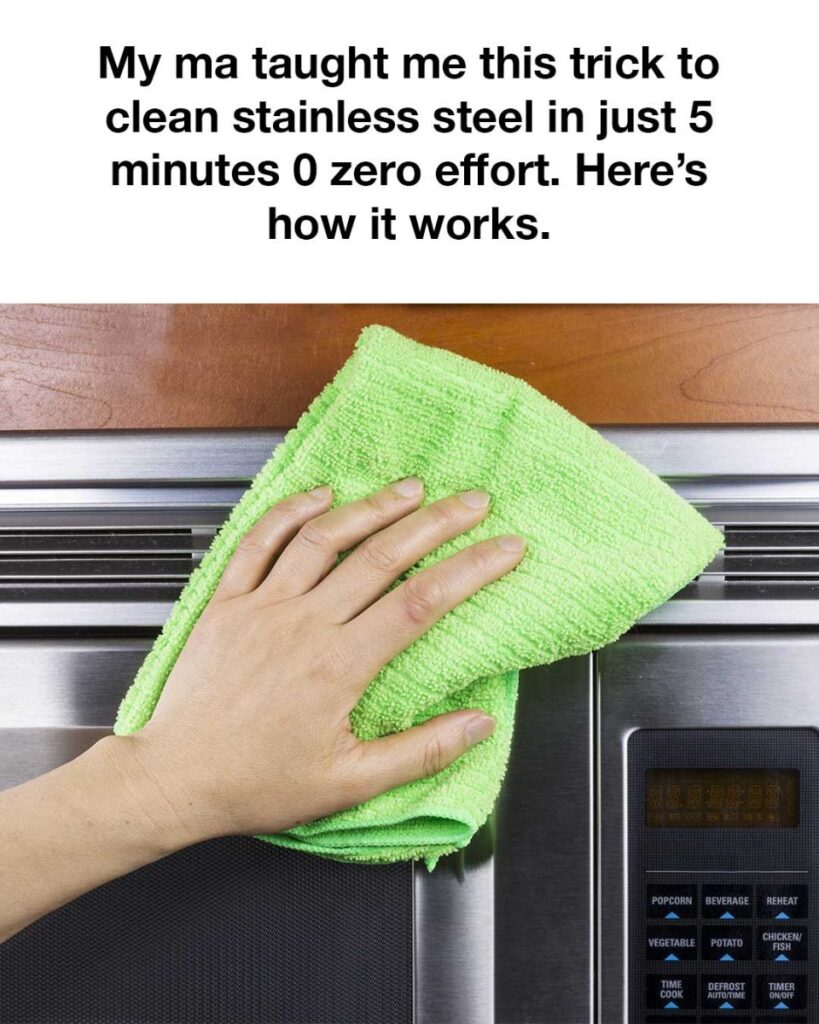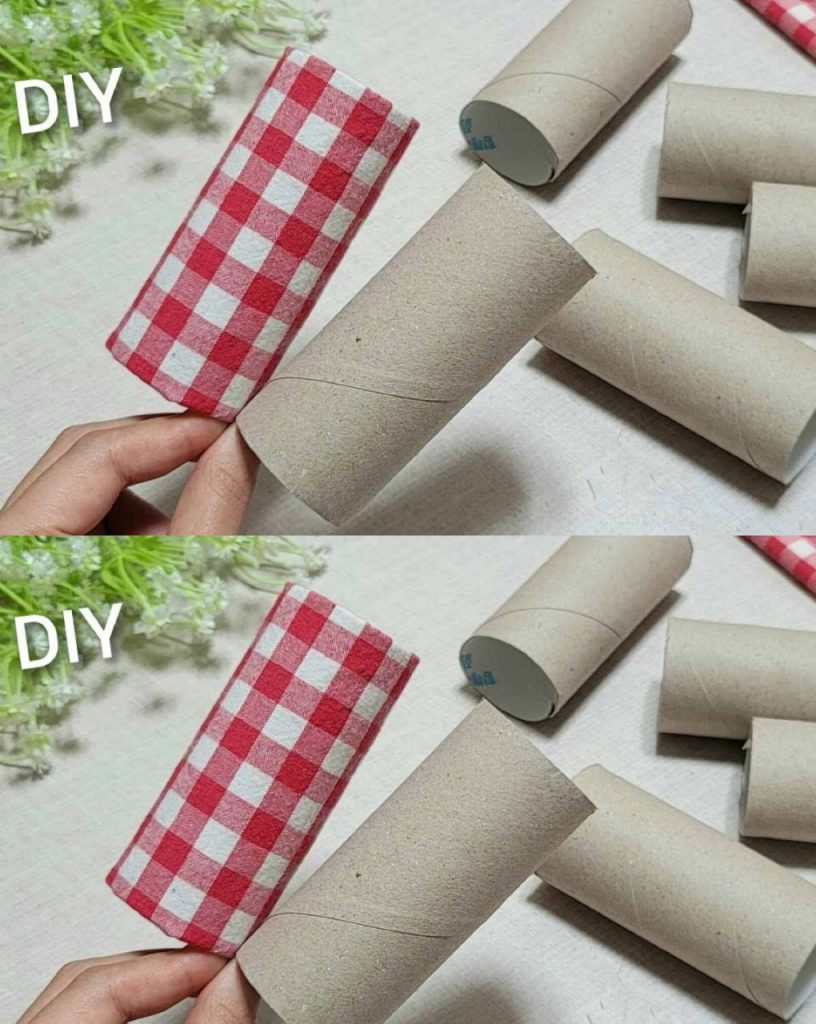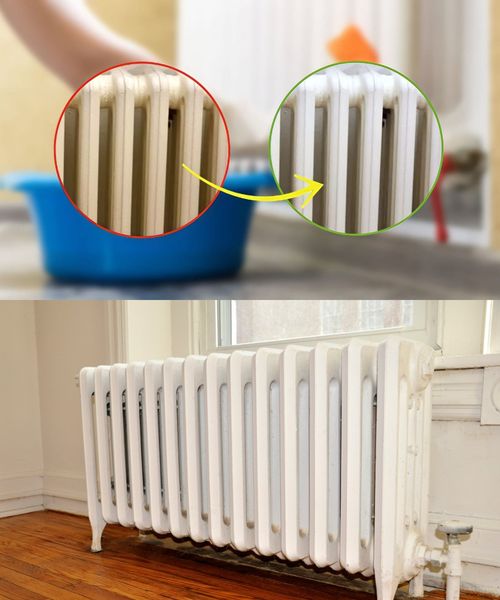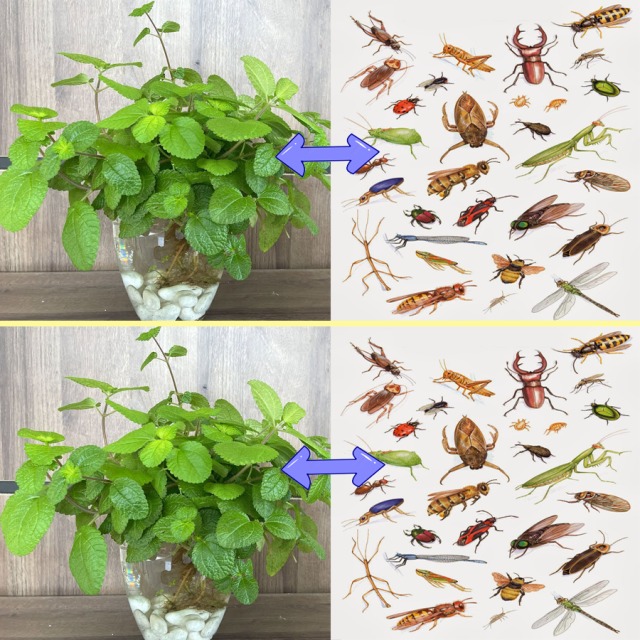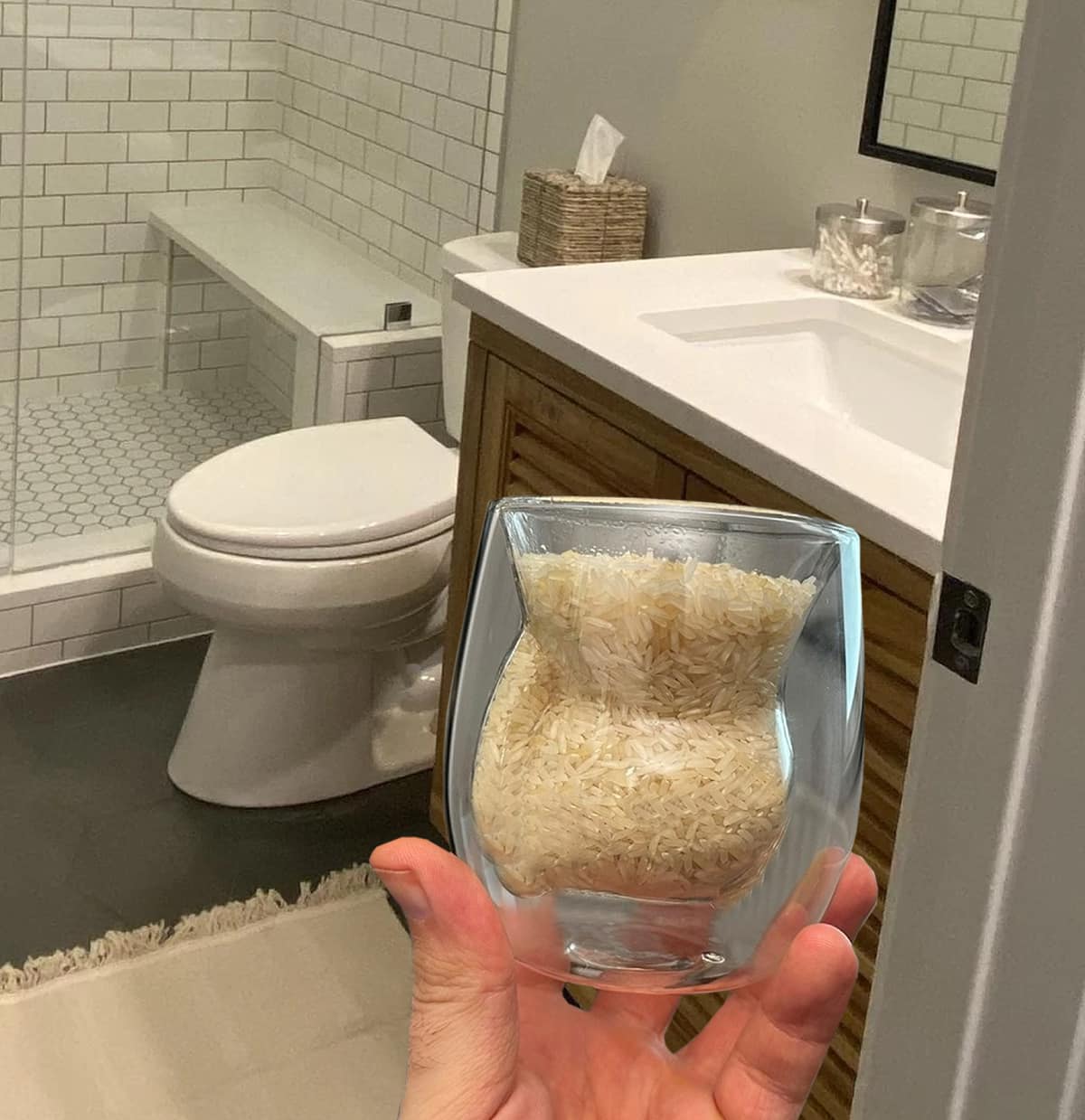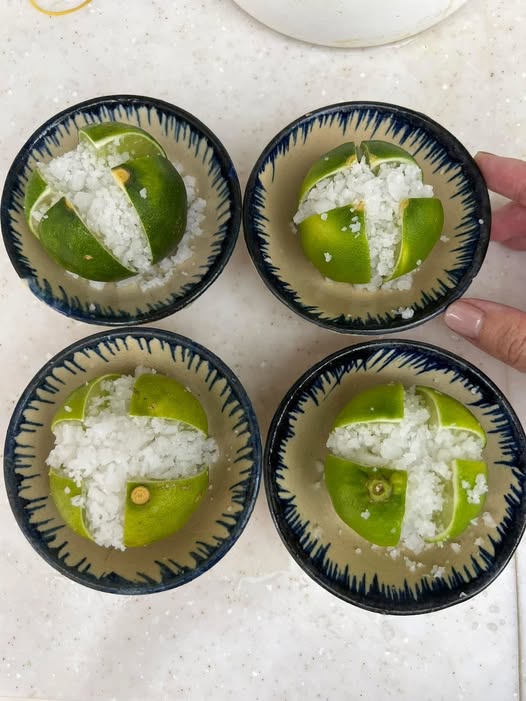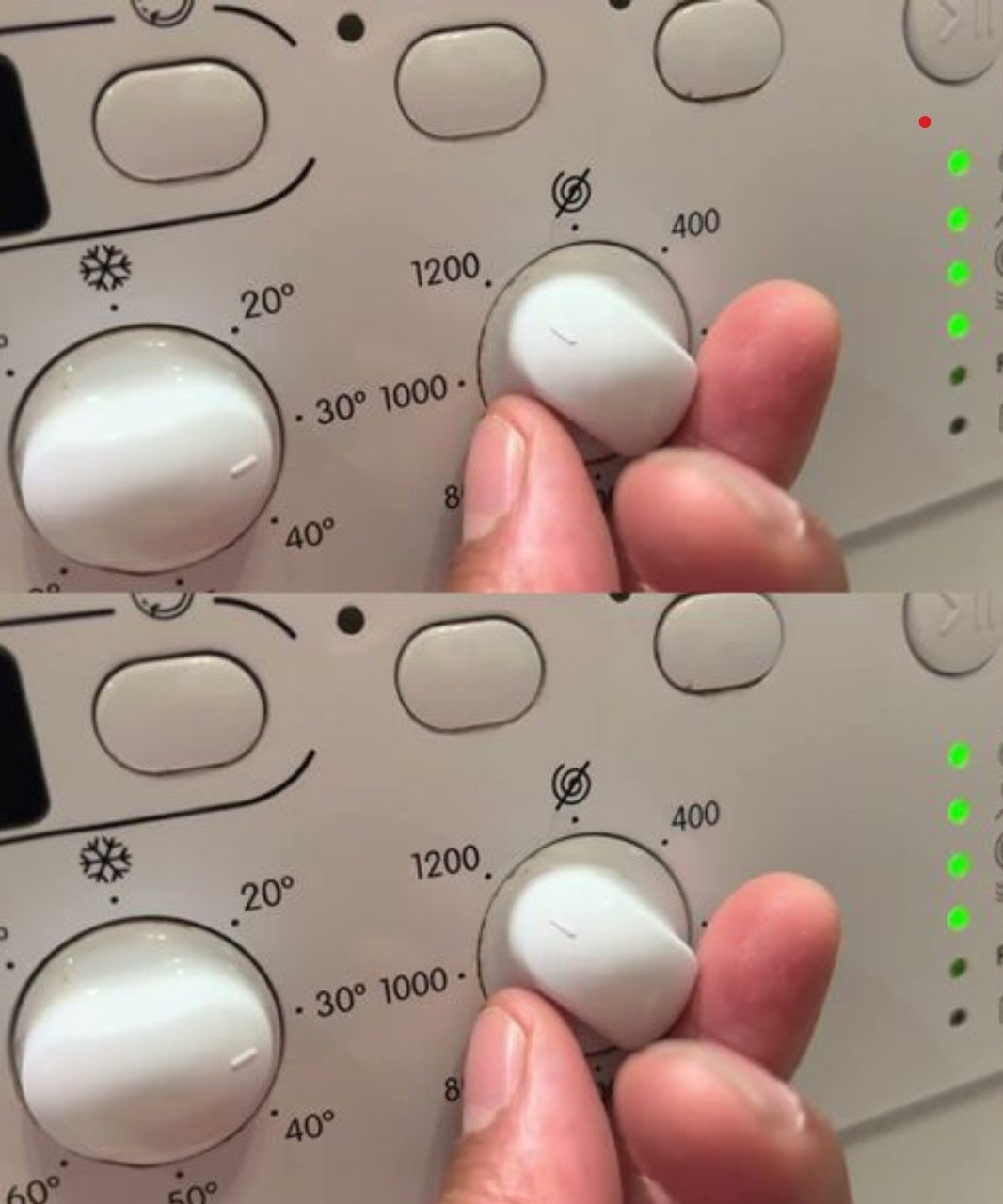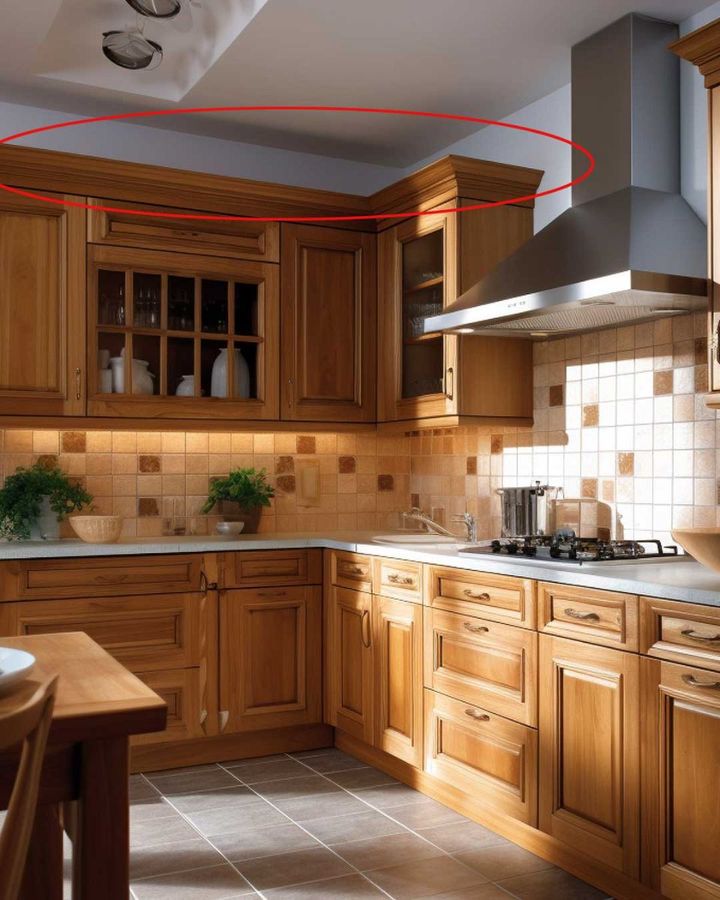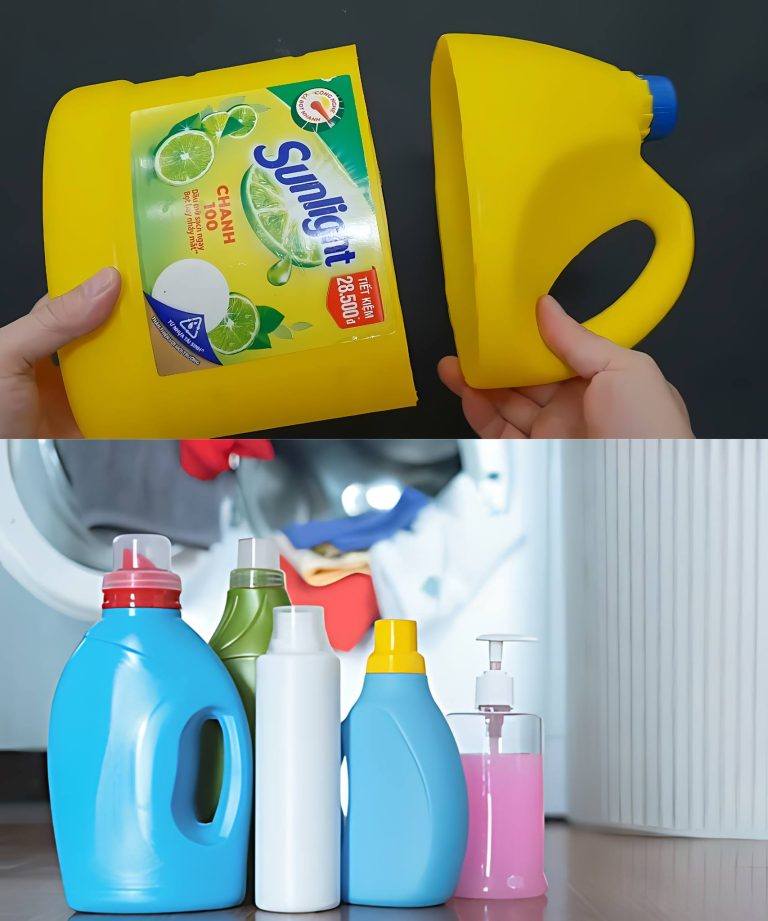Most folks do this wrong. So glad I saw this | September 3, 2024
Annonce:
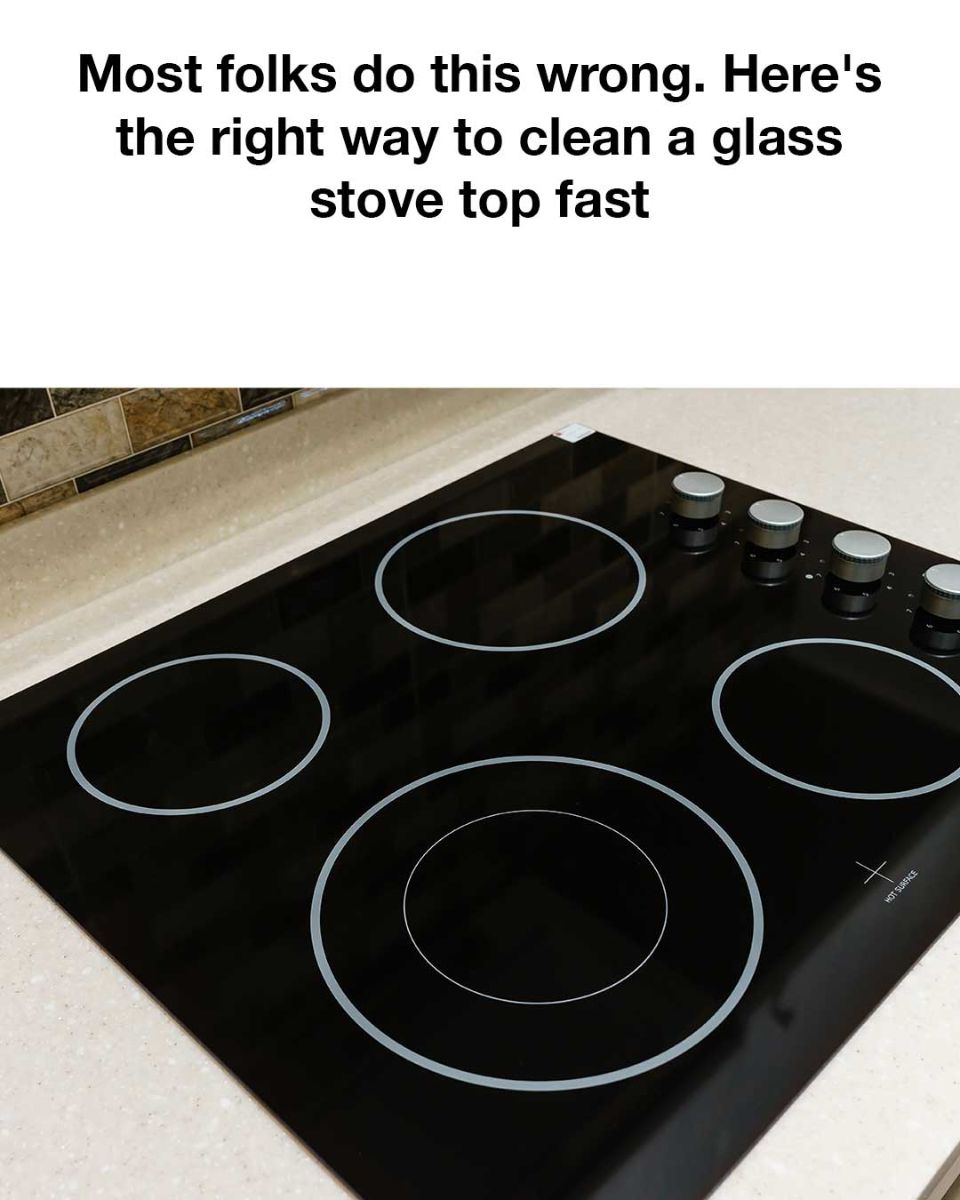
Advertisement:
Cleaning a glass stove top can often feel like a daunting task. The glossy surface shows every speck of dust, every drop of spilled liquid, and every stubborn burnt-on food particle. Despite its sleek appearance, a glass stove top can be notoriously difficult to keep spotless.
Many people make common mistakes when trying to clean this delicate surface, often causing more harm than good. However, with the right approach, you can keep your stove top sparkling clean with minimal effort. Here’s what most people do wrong and a low-effort hack to make cleaning your glass stove top a breeze.
Common Mistakes People Make When Cleaning a Glass Stove Top
1. Using Abrasive Cleaners or Pads
One of the most common mistakes is using abrasive cleaners or scouring pads. While it might be tempting to grab a steel wool pad or a harsh cleaner to scrub away stubborn stains, these can easily scratch the glass surface. These scratches not only dull the appearance of your stove top but can also weaken the glass over time, making it more susceptible to cracks.
2. Cleaning When the Surface is Hot
Another frequent error is attempting to clean the stove top while it’s still hot. Many people think they can wipe away spills and splatters more easily if the surface is warm, but this can actually set the stains further into the glass. Additionally, using a wet cloth or cleaner on a hot surface can cause it to steam, which may leave streaks or water spots behind.
3. Using Too Much Liquid Cleaner
Glass stove tops require only a small amount of cleaner. Using too much liquid can lead to residue build-up, which dulls the surface and creates a sticky layer that attracts more dirt. Excessive liquid can also seep into the stove’s seams, potentially causing damage to the internal components.
4. Neglecting Regular Maintenance
Many people wait until their glass stove top is visibly dirty before cleaning it. Unfortunately, by that time, food particles and stains may have hardened, making them much more difficult to remove. Neglecting regular cleaning not only makes the task harder but also increases the risk of permanent staining or damage.
The Easy, Low-Effort Hack to Clean Your Glass Stove Top
Now that we’ve covered what not to do, let’s talk about a simple, effective hack that will make cleaning your glass stove top a breeze.
The Baking Soda and Vinegar Method
This tried-and-true method uses common household items—baking soda and vinegar—that are gentle yet powerful enough to tackle tough stains without damaging your stove top. Here’s how to do it:
What You’ll Need:
Baking soda
White vinegar
A spray bottle
A microfiber cloth or soft sponge
A razor blade scraper (optional, for stubborn stains)
Warm water
White vinegar
A spray bottle
A microfiber cloth or soft sponge
A razor blade scraper (optional, for stubborn stains)
Warm water
Step-by-Step Instructions:
Ensure the Stove Top is Cool: First and foremost, make sure your stove top is completely cool before starting the cleaning process. This prevents streaks and ensures safety.
Ensure the Stove Top is Cool: First and foremost, make sure your stove top is completely cool before starting the cleaning process. This prevents streaks and ensures safety.
Remove Loose Debris: Wipe the stove top with a dry microfiber cloth to remove any loose debris or crumbs.
Spray Vinegar: Fill a spray bottle with white vinegar and generously spritz the entire surface of the stove top. Vinegar is a natural degreaser and helps break down any greasy residue.
Sprinkle Baking Soda: Lightly sprinkle baking soda over the vinegar-coated surface. Baking soda is a gentle abrasive that will help lift off any burnt-on food particles without scratching the glass.
Let it Sit: Allow the vinegar and baking soda mixture to sit for about 15 minutes. During this time, the two ingredients will work together to soften and lift stubborn stains.
Wipe Clean: After 15 minutes, use a damp microfiber cloth or soft sponge to gently wipe away the baking soda and vinegar mixture. The stains should come off easily, leaving your stove top clean and streak-free.
Use a Razor Blade Scraper for Stubborn Stains (Optional): If you encounter any particularly stubborn spots that didn’t come off with the baking soda and vinegar, carefully use a razor blade scraper at a low angle to gently lift the residue. Make sure to keep the blade flat against the glass to avoid scratching.
Final Wipe: Once all stains are removed, do a final wipe-down with a clean, damp cloth to remove any remaining residue, then dry with a dry microfiber cloth.
Used to have this thanks to nan every year but never remembered to pen it down. Buzzing that I’ve found something that comes quite close!
Sweet from heaven / Dulce del cielo
Instant Pot Ham and Bean Soup
Simple Tunisian Fricassee Recipe to Make
Look no further: This recipe is the perfect make-ahead breakfast
I remember this recipe from grandma’s kitchen, and I love making it because it’s so tasty and easy
Italian Cream Stuffed Cannoncini
Very white cloths in the washing machine: don’t use bleach! Discover the most suitable magic ingredient!
Good to know! Thanks ma!
